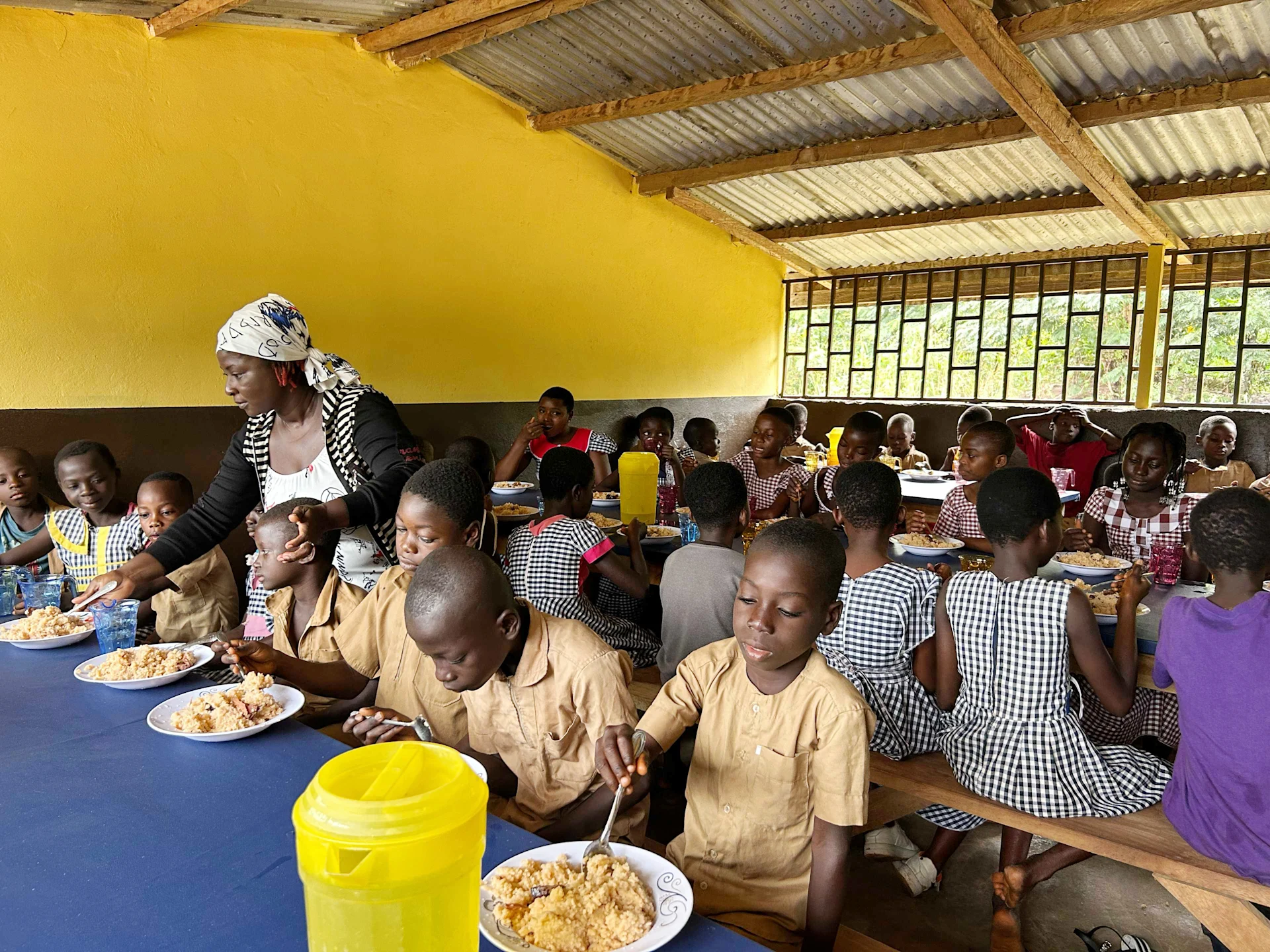
Sustainability
Do something good for CHF 0.50
If you buy a bar of "Côte d'Ivoire" chocolate, you will be contributing to a success story in West Africa.
navigation

Migros Club School
Until now, Swiss dialect was mostly impenetrable to Lucas Ardelean and Slavek Bendrat. Thanks to a dialect course at the Migros Club School, they now even understand broad «Bärndütsch».
Slavek Bendrat (40) appreciates the sound of the Bernese dialect: «It sounds round, warm and soft to my ears – almost like music.» But this dialect contains many words that aren’t easy to understand. What does «Moudi» mean, for example? And what exactly is a «Himugüegeli»?
Polish-born Bendrat is a versatile dancer who used to live in Berlin and therefore speaks impeccable High German. Bern has been his hometown for 12 years. Here he teaches ballet and contemporary dance styles. «Although I like it very much in Switzerland, I never really managed to get to grips with the dialect,» he says. «The huge vocabulary and the special grammar are a real challenge.»
Bendrat has always regretted not understanding the melodious «Bärndütsch» better: «Dialect plays an extremely important role here in everyday life. Especially when Swiss people talk about emotional topics, they almost automatically switch to dialect, even if they previously spoke High German out of courtesy.» He said he had often noticed this in recent months during discussions about the lockdown or the coronavirus vaccination.
In order to understand more in everyday life, this summer Bendrat attended a dialect course at the Migros Club School in the Welle 7 centre near Bern central station. The total of nine lessons of three hours each were often loud and humorous. Instructor Urs Mumenthaler (59) frequently played his guitar and sang songs with the small class – everything from Mani Matter classics to the hit «079» by Lo & Leduc. «The songs convey a feeling for the rhythm of the dialect,» says the experienced educator.
The most important thing for Mumenthaler was to expand the participants’ vocabulary as much as possible during the short summer course. He used not only old and new songs as material, but also short stories by the best-selling dialect author Pedro Lenz. Again and again, he had the students talk about their lives in «Bärndütsch» – be it about their family, their work, their living situation or what they dreamed about last night.
«The compact course is intended for people who already speak High German and now want to understand the dialect of their home region better,» explains Mumenthaler. «We did practise the correct pronunciation of the dialect words regularly, but this was never allowed to turn into a rigid drill. After all, ‹Bärndütsch› with an accent can be very charming.»
Canadian course participant Lucas Ardelean (33) also appreciated the relaxed learning atmosphere. He is a linguist by profession, fluent in English, French, Turkish and High German. Ardelean has been living in Switzerland for a year with his wife and four children, and trains online language teachers in various countries from here. He would now like to learn the dialect of his home town of Bern as quickly as possible.
«I found the course very useful, I learned many beautiful dialect words,» says the man who grew up near Toronto. He now also has a new favourite word. Because he likes to ride a dinghy on the Aare in his spare time, it’s «Aareböötle». He smiles, says the word again and lets it practically melt on his tongue.
More information on the Swiss German course
Discover exciting stories about all aspects of Migros, our commitment and the people behind it. We also provide practical advice for everyday life.